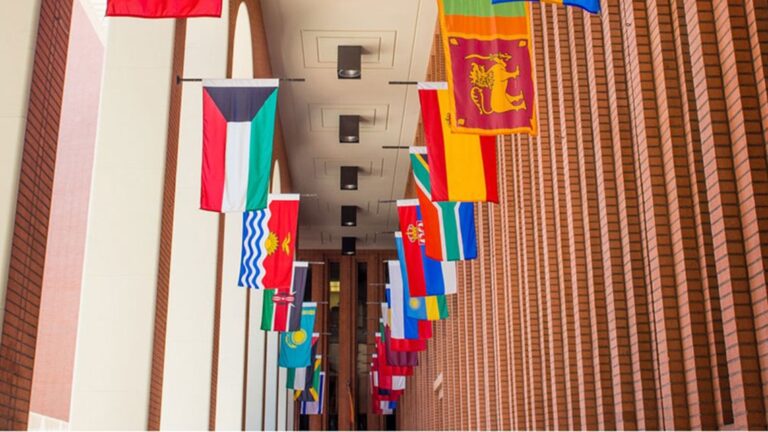The Political Science and International Relations (POIR) Ph.D. program began in 2003 and is part of the POIR Department. POIR is a medium-size Ph.D. program with approximately 60 students currently enrolled across all years. The POIR faculty have expertise in the fields of American politics, comparative politics, international relations, and research methods. Ph.D. students train in three of these areas, with most students emphasizing American politics, comparative politics, or international relations as their first field. Each incoming POIR cohort is approximately 8-12 students in size. Students take courses their first two-three years; take their qualifying exams in their third year; and write and complete their dissertations in years three, four, and five.
Learning Objectives
Program Concentrations
Pursue your specialized area of study and research within Political Science and International Relations
Director of Graduate Studies
Sally Pratt (interim)
pratt@usc.edu
Graduate Program Administrator and Advisor
Danielle De Rosa Ballard
dderosa@usc.edu
DMC 214A
Graduate Program Assistant
Karin Amundsen
kamundse@usc.edu
DMC 330C
Graduate Student Association
Miguel Hijar Chiapa, President
Yana Demeshko, Treasurer
Shenali Pilapitiya, Senator/DGSA Representative
Stephen Schick, Communications Director
